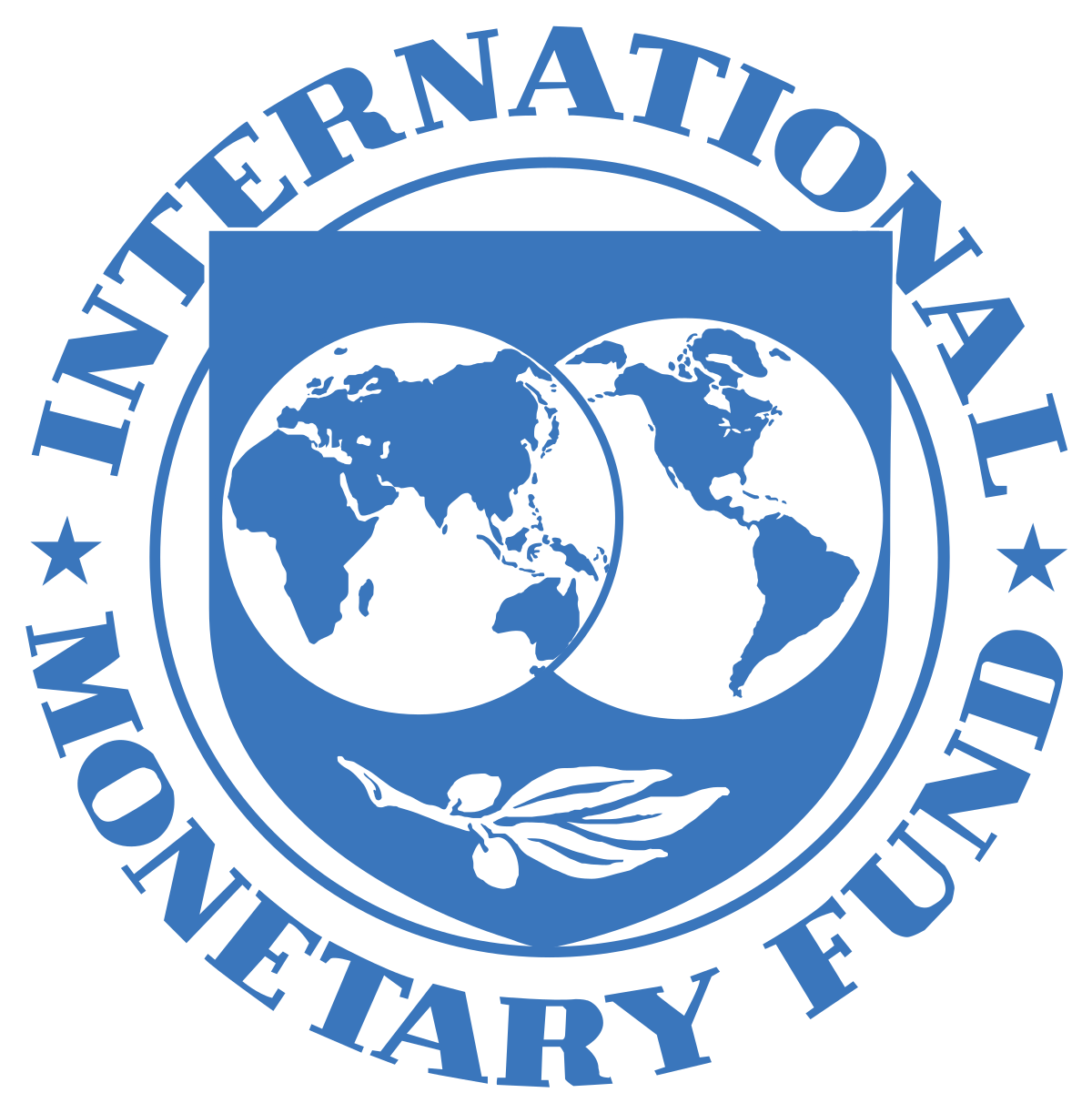
The government of Pakistan and its military backers may claim all they want that the recently introduced budget will solve all of Pakistan’s problems. The hard reality is that while the budget may help Pakistan get the next IMF loan, it has shown once again that no government in Pakistan is willing to tackle the structural challenges faced by the economy.
However, as veteran columnist Zahid Hussain noted “why should one blame the rookie finance minister for the budgetary jugglery we have witnessed? He is just the messenger of bad news. The budget reflects the demands of vested interests that are not prepared to change the status quo. The untouchables are not to be touched. Fleecing the oppressed remains the name of the game.”
According to Hussain, “the increase in tax revenue, wherever it comes from, will help secure a new IMF financial package and keep a broken economy afloat for a while. But the budget, which was approved by parliament last week amid some protesting voices, doesn’t even hint that the incumbents are interested in carrying out the promised structural reform needed to steer the economy out of its perpetual state of crisis.”
Further, as Hussain argues “these measures won’t help improve the environment for domestic investment, let alone clear the way for those (illusory) billions of dollars in foreign investments. A collapsing economy is a disincentive for all kinds of investments. There is still no clarity on the disinvestment of state-owned enterprises, which constitute the biggest financial drain.”
In conclusion, Hussain warns “The budget is not only bereft of an economic and political vision, it also shows the lack of capacity to think beyond narrow interests. The budget has exposed the fault lines within the existing power structure. The continuation of exemptions to the civil and military bureaucracy is a manifestation of the latter’s hold on the power matrix. Similarly, the politically powerful agricultural and retail sectors are left out of the tax net.”
![]()
